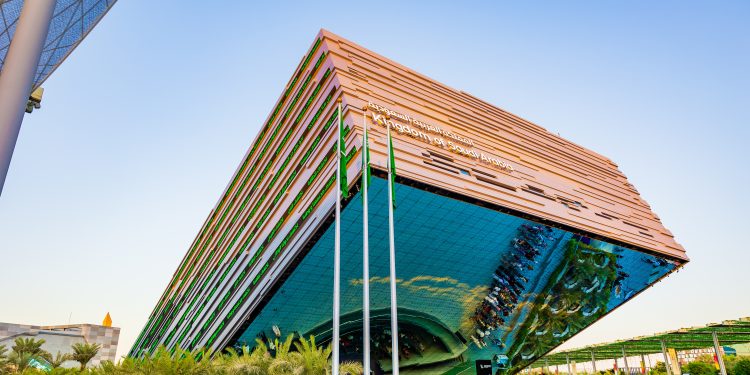Saudi Arabia has revised its population forecasts for the ambitious Neom megacity project, aiming for a smaller number of residents by the year 2030.
Originally, the plan was to have 1.5 million people take up residence in the project’s advanced urban center known as ‘The Line.’ However, a report has indicated that this figure has been adjusted to less than 300,000 individuals, according to a source with knowledge of the situation.
Conceived as a ‘cognitive city,’ The Line is envisioned to span 170 kilometers from the desert to the Red Sea in Saudi Arabia’s northwest. Yet, by the end of this decade, only a segment measuring approximately 2.4 kilometers is expected to be completed.
The expansive Neom project, with an estimated cost of $500 billion and covering an area of 26,500 square kilometers, forms a key component of Crown Prince Mohammed bin Salman’s Vision 2030. This initiative seeks to wean the nation’s economy off oil dependence and shift towards sectors like technology and innovation.
Multiple ‘gigaprojects’ under Vision 2030 are currently in progress. Financing these endeavors has largely fallen on the country’s Public Investment Fund (PIF), its sovereign wealth fund. These projects are estimated to incur costs running into tens of billions of dollars.
However, reports from January indicated that the PIF’s cash reserves had fallen to their lowest since December 2020. This financial strain has prompted the government to resort to borrowing – a strategy it has not relied on in many years – to bolster its finances. There have also been discussions about the potential sale of additional shares in the state-run oil giant, Saudi Aramco.
Apart from these large-scale developments, the kingdom has been investing heavily in other sectors, such as sports. Estimates suggest that since 2021, Saudi Arabia has spent over $6.3 billion on various sports-related ventures, ranging from golf tour mergers to securing top soccer talent with lucrative contracts.
The vast scope of projects underway is remarkable, as noted by Tim Callen, a visiting fellow at the Arab Gulf States Institute think tank, underscoring the country’s extensive efforts to redefine its economic landscape.


